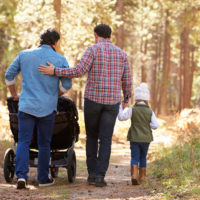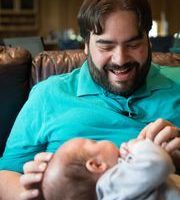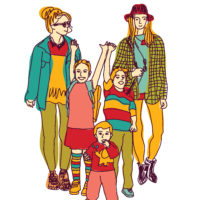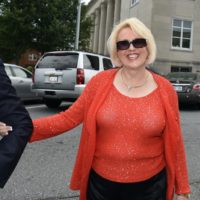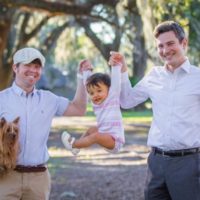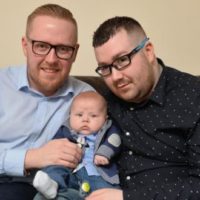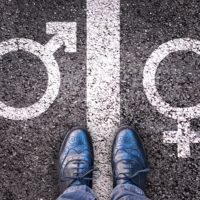If the Trump administration won’t protect gay people, we’re at the mercy of our ZIP codes.
All my life I’ve loved Texas: those big skies, big steaks and big attitudes. I’m there several times a year.
But Texas doesn’t love me back. Certainly its lawmakers don’t, and lately they’ve been hellbent on showing that.
In June the governor signed a bill allowing child welfare groups to refuse adoptions that contradict their “sincerely held religious beliefs.” They can turn away gay men like me.
That same month, the Texas Supreme Court approved a lawsuit challenging the city of Houston’s provision of equal benefits to all married employees, including those with same-sex spouses. Although the United States Supreme Court legalized same-sex marriage nationwide in 2015, Texas bucks and balks.
Not New York. My state loves me something fierce. What it did in June was finalize the design of a monument to L.G.B.T. citizens in downtown Manhattan. New York legalized same-sex marriage back in 2011 without any federal nudge.
There’s no such thing as L.G.B.T. life in America, a country even more divided on this front than on others. There’s L.G.B.T. life in a group of essentially progressive places like New York, Maryland, Oregon and California, which bans government-funded travel to states it deems unduly discriminatory. Then there is L.G.B.T. life on that blacklist, which includes Texas, Kansas, Mississippi and South Dakota.
The differences between states — and between cities within states — are profound, and while that has long been true, it’s much more consequential since the advent of the Trump administration, a decidedly less ready ally of L.G.B.T. people than the Obama administration was.
The federal government under Donald Trump won’t be rushing in to help L.G.B.T. people whose local governments fail to give them equal rights, a sense of belonging or even a feeling of physical safety. Despite Trump’s happy campaign talk about how fond he was of gays (and, Trump being Trump, how fond they were of him), his record as president has been hurtful and hateful. Immediately after his inauguration, references to the L.G.B.T. community were scrubbed from many federal websites, including the White House’s and the Department of State’s.
Plenty of the people he pulled into his cabinet have long histories of pronounced opposition to gay rights. One of them, Attorney General Jeff Sessions, leads a Department of Justice that recently went out of its way to make clear, in court filings, that it did not consider L.G.B.T. people to be protected by a federal civil rights law that prohibits employment discrimination. The Obama administration had taken the opposite view.
by Frank Bruni, New York Times, August 25, 2017
Click here to read the entire article.
The post The Worst (and Best) Places To Be Gay in America – Opinion appeared first on Time For Families.
Source: Time for Families
